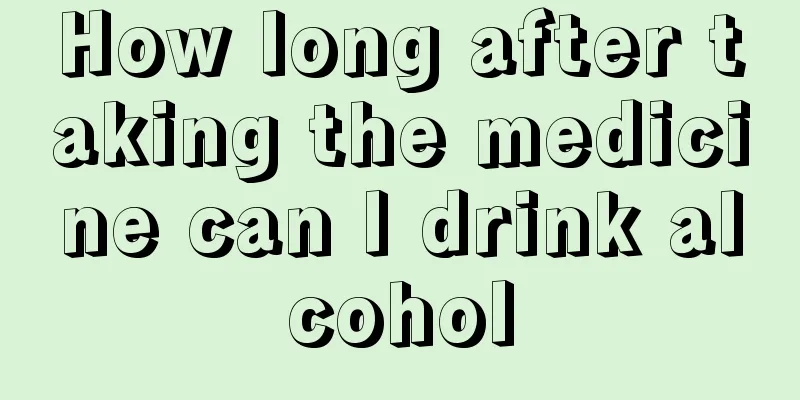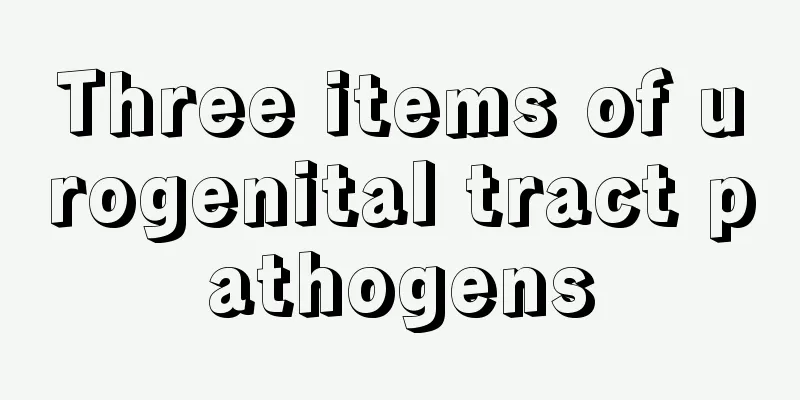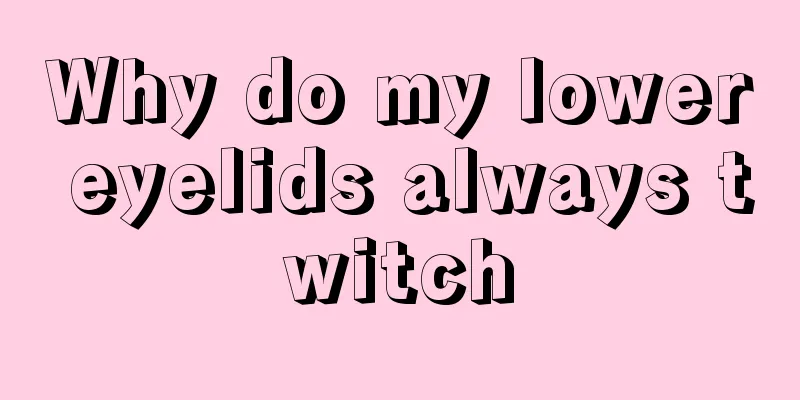How long after taking the medicine can I drink alcohol

|
In fact, many medicines are chemicals, so some foods can easily affect the efficacy of the medicines. For example, tea and alcohol. Everyone knows that you cannot drink alcohol after taking medicine. Some medicines even require patients to strictly control their alcohol intake. So, how long after taking the medicine can you drink alcohol? In fact, we do not recommend drinking alcohol while taking medication. If you really can't help it, you should wait 3 hours. Drinking alcohol or coming into contact with alcohol after taking certain medications can cause acetaldehyde accumulation in the body, which can cause poisoning reactions. For example, some cephalosporin antibiotics (such as ceftriaxone sodium, etc.), imidazole derivatives (such as metronidazole, tinidazole, ornidazole, ketoconazole, furazolidone, chloramphenicol), sulfonylureas, and biguanide hypoglycemic drugs can induce this reaction. In order to ensure the efficacy of traditional Chinese medicine and make it play its therapeutic role better, it is necessary to avoid certain foods when taking traditional Chinese medicine. The following points should usually be noted: Do not drink strong tea when taking Chinese medicine, because tea contains tannic acid. Strong tea contains more tannic acid. When taken with Chinese medicine, it will affect the body's absorption of the active ingredients in the medicine and reduce its efficacy. It is not advisable to eat radish when taking Chinese medicine (except for taking qi-regulating and phlegm-resolving medicines), because radish has the effects of helping food and breaking up qi. Especially when taking tonic Chinese medicines such as ginseng, eating radish will reduce the effectiveness of the tonic and cause it to lose its tonic effect and fail to achieve the therapeutic purpose. Patients with digestive tract diseases such as hepatitis and chronic gastroenteritis should avoid taking garlic when taking spleen-strengthening, stomach-warming and stomach-regulating medicines. Garlic contains allicin, which can stimulate the gastrointestinal mucosa and cause congestion of the mucosa, and the Chinese medicine they take will not be able to effectively play its therapeutic role. You cannot eat chili peppers when taking Chinese medicine, especially when you have a fever. It is even more inappropriate to eat chili peppers when taking medicine for clearing heat and cooling blood or nourishing yin and reducing inflammation. Chili peppers can reduce the efficacy of the medicine, making the treatment ineffective or weakening the efficacy. When taking Chinese herbal decoctions and pills, avoid raw, cold, and greasy foods. Because raw and cold foods stimulate the gastrointestinal tract and affect the gastrointestinal absorption of drugs, greasy foods are difficult to digest and absorb, and greasy foods mixed with drugs can hinder the gastrointestinal absorption of the active ingredients of drugs, thereby reducing the efficacy. |
<<: The body parts represented by the palms
>>: How many days after a urinary tract infection can I have sex?
Recommend
What are the nursing measures for acute upper respiratory tract infection
Acute respiratory tract infection is a relatively...
Nursing rounds for patients with renal cancer
Kidney cancer patients lack disease-related knowl...
Can iron deficiency anemia cause hair loss?
Modern people have a heavy workload and are in a ...
One eyelid droops
Drooping eyelids are quite common, which has a lo...
What are the symptoms of respiratory failure
Respiratory failure can manifest itself in many s...
What are the dangers of kidney cancer
Kidney cancer is medically known as renal cell ca...
Treatment methods for early stage lung cancer This method is safe and effective in treating lung cancer
In modern life, many people often suffer from lun...
What are the benefits of taking a bath with ten drops of water?
Ten drops of water can be used to strengthen the ...
Will my stomach hurt during gastric bleeding? How to prevent it?
Gastrointestinal bleeding in medicine is what we ...
What to do if hemorrhoids cause anal itching
Hemorrhoids are a common anorectal disease in cli...
What causes Bai Dian Madness
Vitiligo is a common skin disease. The cause of t...
Introduction to Hypothyroidism
You may know what thyroid hormone is, or you may ...
How to retract protruding lips
Nowadays, more and more people have higher and hi...
Will ovarian tumors be inherited?
The ovaries are reproductive organs unique to wom...
Eight daily habits to prevent lumbar bone hyperplasia
The so-called lumbar bone hyperplasia refers to t...









